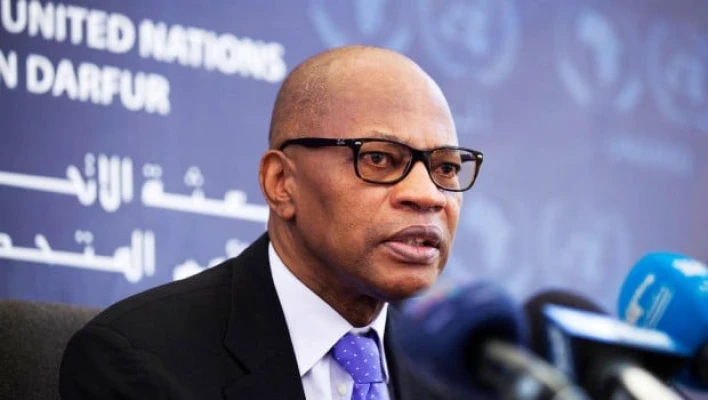The Sudanese army has firmly rejected a ceasefire proposal put forth by the United Arab Emirates (UAE) for the upcoming holy month of Ramadan, citing the need to break sieges on key areas before considering a truce.
This refusal comes as the army makes significant military advancements in Khartoum, seizing a crucial stronghold previously held by the paramilitary Rapid Support Forces (RSF) in northern parts of the capital.
The UAE, which has been repeatedly accused by Sudan’s military of supporting and supplying weapons to the RSF, maintains its stance as a neutral party. The army, however, views the Gulf nation as an aggressor in the ongoing conflict.
The UAE denied these allegations, issuing a statement urging for peace: “As we approach the holy month of Ramadan, a time of mercy and compassion, the UAE calls on all parties to honor this sacred period with a humanitarian ceasefire.”
A senior UAE official reiterated their position but emphasized that a ceasefire should not be granted while military sieges remain in place: “We do not accept a Ramadan ceasefire until the siege is broken on all cities and areas that are besieged.”
The conflict in Sudan erupted in April 2023, escalating tensions between the country’s military leadership and the RSF. The violence, which has engulfed major cities including Khartoum, has resulted in the deaths of over 28,000 people. Millions have been forced to flee their homes, with some families resorting to eating grass to survive as famine spreads across the country.
Aid organizations report immense difficulties in reaching vulnerable populations, particularly in the Darfur region, where both warring factions have restricted access.
The Integrated Food Security Classification (IPC) has detected famine in at least five areas, including three camps for displaced persons in Darfur. A December report from the IPC projected that five additional areas in Darfur could also face famine in the coming months.
Sudan is now facing the world’s largest displacement crisis, with over 14 million people — approximately 30% of the country’s population — forced from their homes, according to the United Nations. An estimated 3.2 million Sudanese refugees have crossed into neighboring countries such as Chad, Egypt, and South Sudan.
The African Union (AU) and the International Rescue Committee (IRC) have emphasized that the conflict has “hampered access to humanitarian relief, led to shortage of food and aggravated hunger.”
AU panel chairman Mohamed Ibn Chambas further warned: “Children and women are continually abused, and the elderly and sick lack medical assistance. This is the worst humanitarian crisis in the world.”

Sudan Army Gains Ground as War Rages On
The Sudanese army has gained control over significant territories in the east and north, while the RSF retains control of much of the war-ravaged Darfur region. The United Nations has accused the RSF of blocking aid access in Darfur, further worsening the humanitarian disaster.
The African Union has repeatedly called for a “political dialogue, not the military option” to end the war. Meanwhile, the AU’s senior official for child welfare, Wilson Almeida Adao, reported a sharp increase in malnutrition, with hospital admissions rising by 44% in 2024. Over 431,000 children are now receiving treatment for severe malnutrition.
“We witness reports of grave violations, including attacks on schools and hospitals, forced recruitment of child soldiers, and the denial of humanitarian access,” Adao stated, adding that the crisis is deepening as the war drags on.
The Sudanese army remains defiant, refusing any ceasefire while its military campaigns continue to make gains. Army leadership has reported capturing key strategic positions in Khartoum’s northeastern sector. General Abdel Fattah al-Burhan, Sudan’s de facto leader, announced on February 7 that plans for a transitional government are underway, signaling a potential shift in governance amid the ongoing turmoil.
While the UAE’s ceasefire proposal was swiftly dismissed by Sudan’s military, pressure from international bodies continues to mount, urging both factions to prioritize peace over further bloodshed.
READ ALSO: Communications Minister Orders Full Audit of Frequency Authorisations























